Asset Finance | Term Loan vs. revolving
Date
26 April 2016
Share

A revolving loan allows you to deposit surplus funds as they come in, then redraw this money as you need it. In the long term, this can mean less interest is paid over the term of the loan.
As you know, a fixed term loan will have a set rate of interest set for the duration of the loan – set and forget, if you will. Whereas a floating term loan has a variable rate. Based on current wholesale rates this rate is usually cheaper than the fixed rate, however, you take a risk that the interest rate may go up in the future.
A key advantage of the floating term loan is that it can typically be repaid early at no additional cost while the fixed rate loan may incur break costs if you repay it early.
With any loan, the key is to balance the loan structure – you need to ensure your cash flow demands align with the economic life of the asset in the task the asset is performing. We frequently see companies get this wrong – there’s either too much pressure on their cash flow because the term of their loan is too short, or we see them losing equity because the term is set too long.
What type of loan and loan structure suits your business best? Talk to your business partner at Finance New Zealand about the options – their advantages and risks.
This newsletter is intended to provide general information on asset finance, equipment and fleet finance, and plant and machinery finance that is general in nature. It should not be taken as a substitute for legal or accounting advice. For more information, speak to your business partner at Finance New Zealand.
Similar Posts
12 January 2026
Asset & Equipment Finance LVRs
Purchasing new vehicles, machinery, or equipment often raises one key question: how much deposit is required? The answer depends on more than just the asset. It comes down to LVRs (Loan to Value Ratio's), structure, and lender, policy & appetite. This article explains how asset and equipment finance LVRs work in New Zealand, and why advice matters.

27 November 2025
The Bottom of the Cycle? What the OCR Cut Means for 2026
Shifting interest rates are reshaping the way businesses finance equipment, vehicles and growth. Understanding these changes can help you make smarter, better-timed funding decisions.


Page Links
Contact us
Finance New Zealand Limited L11 BDO Tower, 19-21 Como Street, Takapuna, Auckland 0622 PO Box 65164, Mairangi Bay 0754 T: (09) 222 0320E: info@financenz.co.nzMember of


Proud Sponsors of Auckland Rescue Helicopter Trust
Copyright Finance New Zealand Ltd 2026



